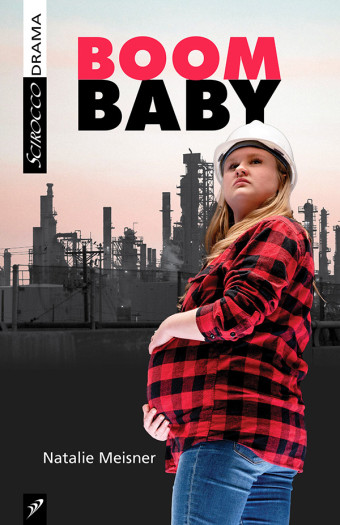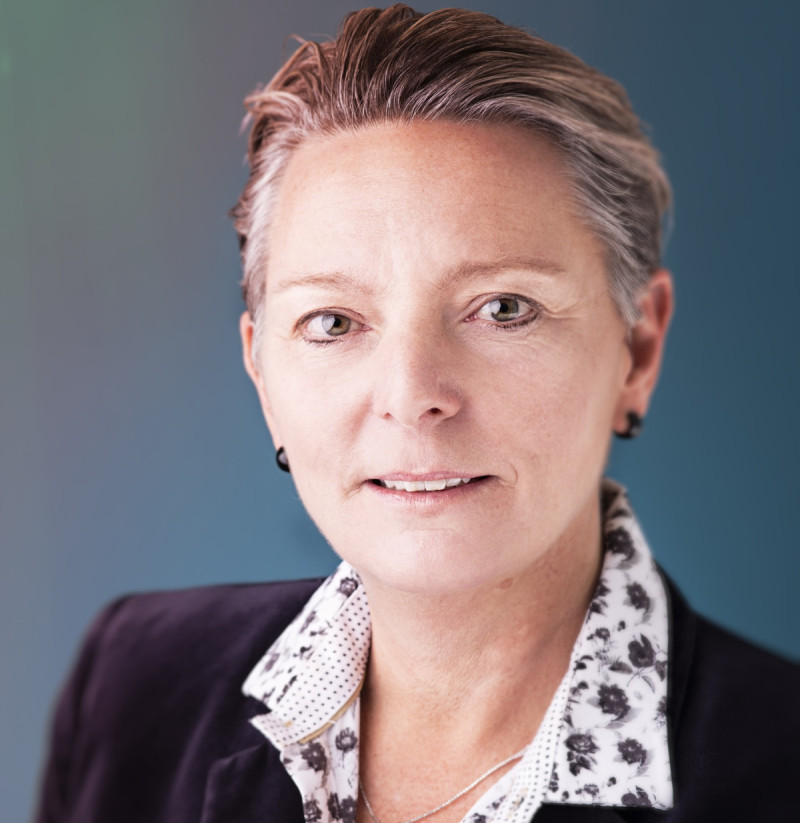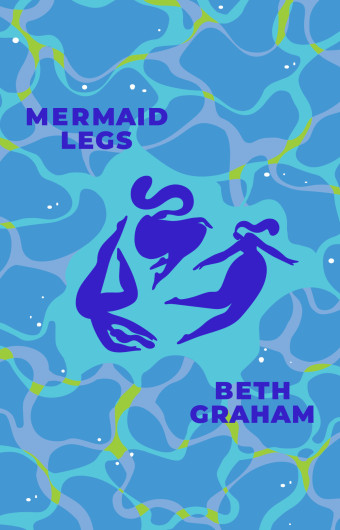Boom Baby, a play by Calgary-based playwright Natalie Meisner, tells a story of friendship and power, set in the oil fields of Alberta.

- Boom Baby
- Natalie Meisner
- J. Gordon Shillingford Publishing
- $18.95 Paperback, 90 pages
- ISBN: 978-19-90738-75-3
Iona, a woman in her 20s, is working as a heavy equipment operator when she has an unplanned pregnancy after a casual sexual encounter with a friend.
Raising a child in the rough work camp is not an option, so she’s left with having an abortion – which her friend Hort is willing to help with – or carrying the baby to term and giving it up for adoption to a couple who work higher up in the company as an engineer and a communications person. Her friend Justin, the father, doesn’t like either of these options.
The three friends, like Meisner, came west from the East Coast, and the parallels between commercial fishing and oil extraction are clear.
“Having lived a good chunk of my life in a place intimately wound up with the fishery (and its collapse) and the following in a place where the same is true with oil and gas, I was led toward thinking about how and where those two resources meet up,” says Meisner.
“Both are incredibly dangerous and physically demanding for the front-line workers in the field. Both are so lucrative that they forever alter the landscape that they touch.
“If we see the earth, the water, the ecosystem, and all the life on it as a ‘resource’ alone, of course we become spiritually, emotionally, and eventually even materially poor.”
Boom Baby grounds these big issues in the very personal story of one young woman who was born into intergenerational exploitation and poverty and who sees work as a way out.
“When she becomes pregnant, she fears losing her perilous freedom. Pregnancy makes you, well, very, very encumbered, but in the best possible way, as it attaches your heart, guts, mind, spirit to the future and the world,” says Meisner.

The offer to be paid to act as a surrogate mother for Brooke and Owen, who are experiencing infertility, highlights the way everything is considered a resource and can be measured in dollars and cents – even a human life. Iona must consider all that she stands to gain, lose, or barter.
“Well to me, it just doesn’t get bigger in terms of stakes,” says Meisner.
But the negotiations between Brooke and Iona play out in a way that works to dismantle broken systems. “I wanted to shake up/question the way that ethics of care seem to be so inflected by rigid gendered/familial and societal roles,” says Meisner.
“We can’t make change or resist power dynamics until we develop the language/the stories to name them. The characters in this play are all, in their way, fighting to do so.”
These characters and the relationships they forge point the way forward. “We need to lean into collaboration and social solutions to the big pressing future issues,” Meisner says.
“The door is open to everyone in terms of honouring the earth and looking out for future generations.”













